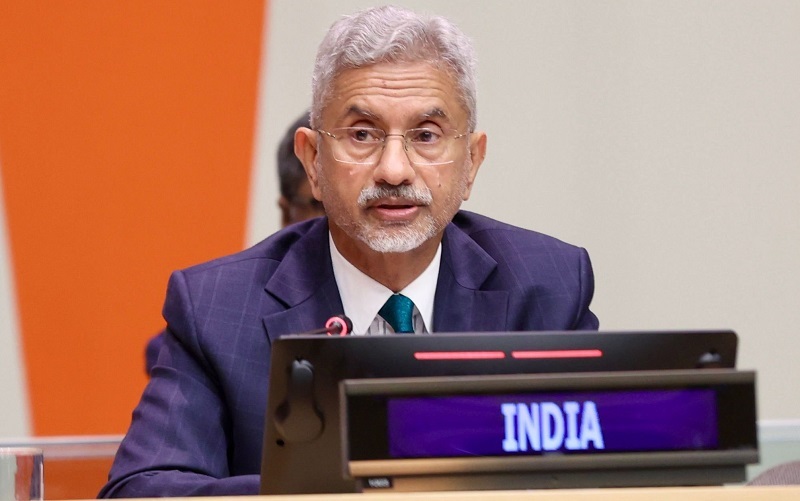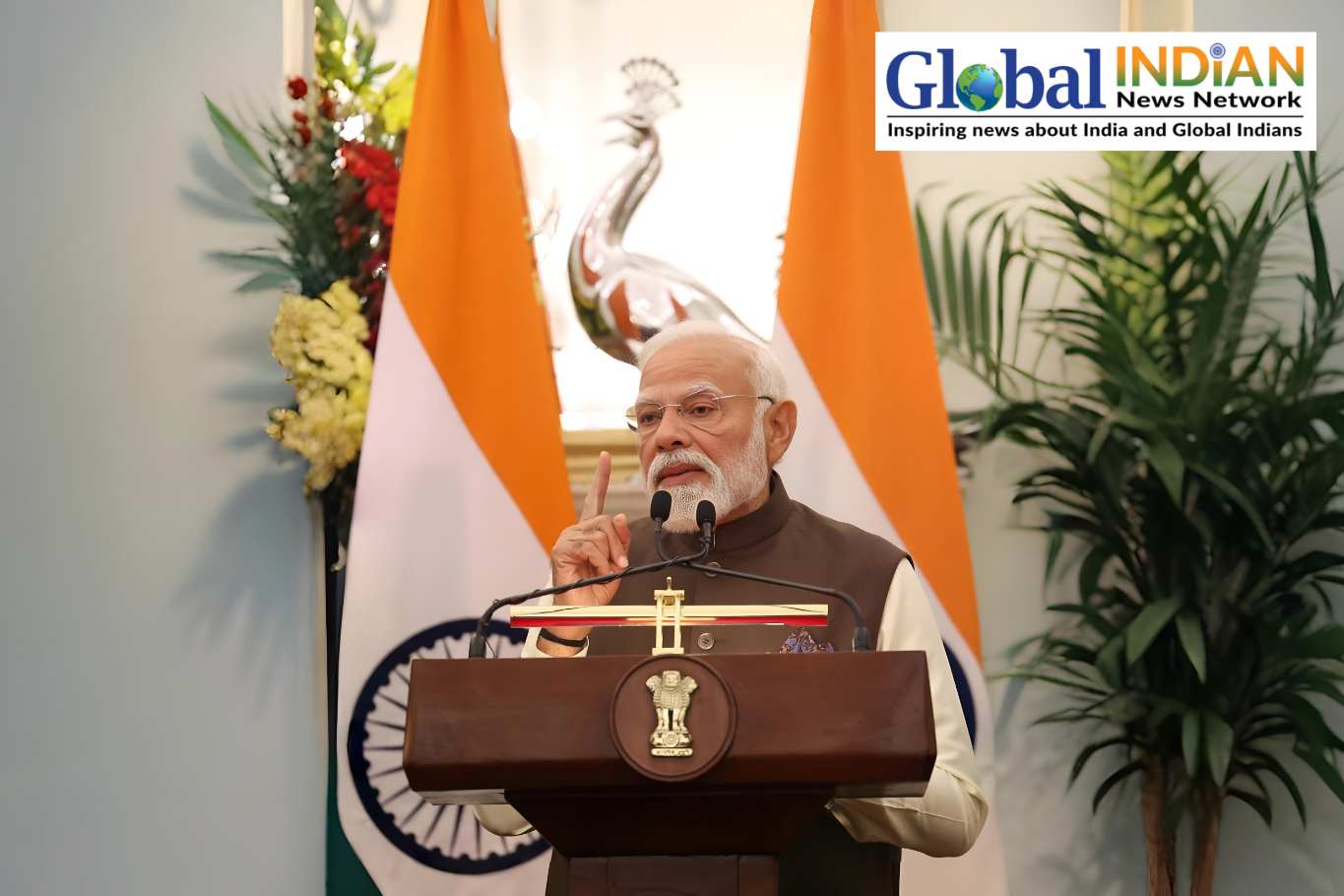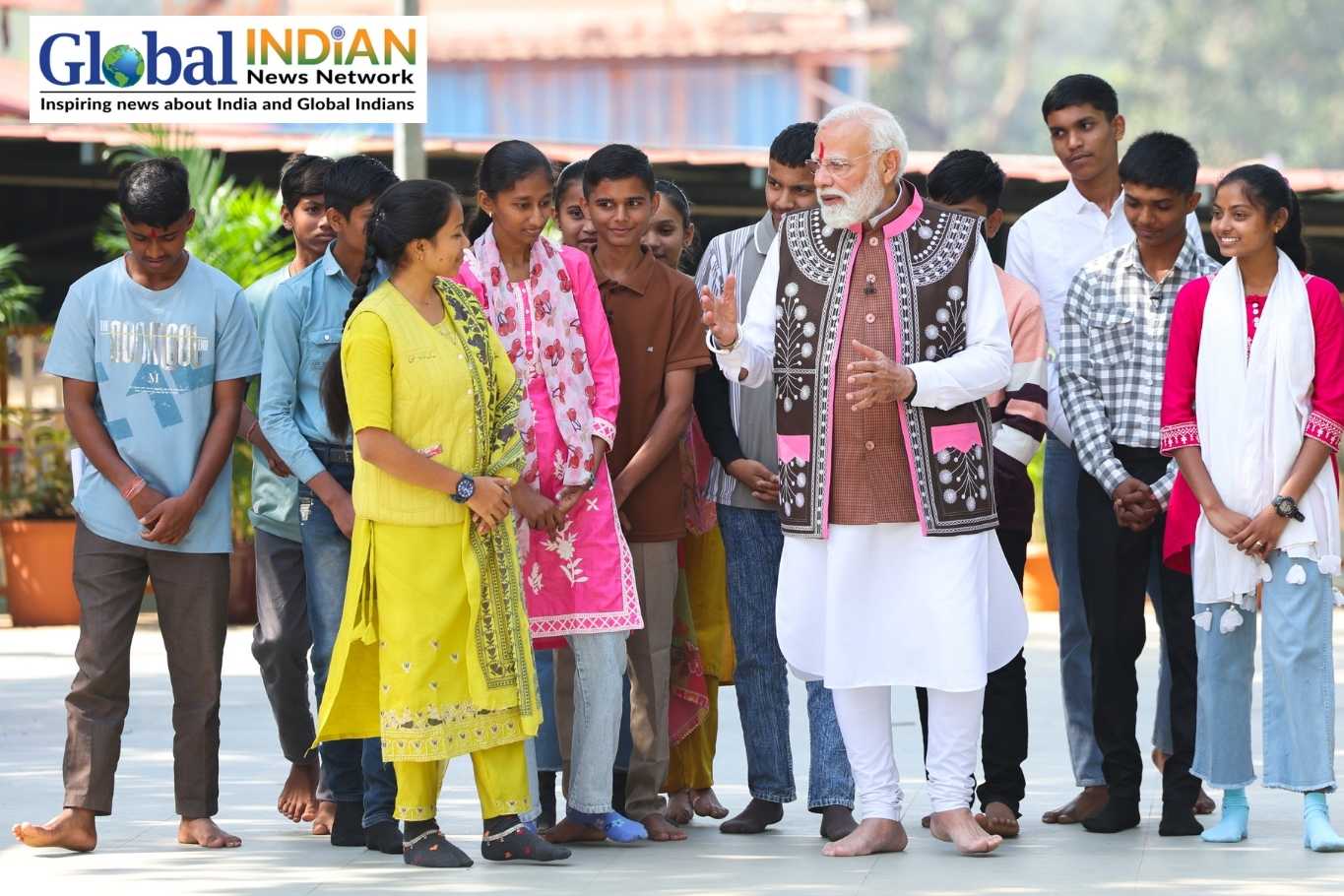
External Affairs Minister S. Jaishankar highlighted India’s position on key global governance reforms during his speech at the second G20 Foreign Ministers’ Meeting. This event took place under Brazil’s G20 Presidency, alongside the 79th United Nations General Assembly in New York. The meeting, chaired by Brazilian President Lula da Silva, included prominent global leaders such as South African President Cyril Ramaphosa, UN General Assembly President Philemon Yang, and UN Secretary-General António Guterres.
As a member of the G20 Troika, Jaishankar focused on three major areas of global governance reform: the reform of the United Nations and its associated bodies, the restructuring of the International Financial Architecture, and the transformation of the Multilateral Trading System. He highlighted India’s contributions during its G20 Presidency, where leaders advocated for increased development and climate finance. He also discussed the importance of modernizing Multilateral Development Banks (MDBs) to optimize their impact on global development.
In his speech, Jaishankar described the United Nations as “a prisoner of the past” that must adapt to the evolving world. He pointed out that despite the global landscape becoming more interconnected and multipolar, the UN Security Council remains outdated, hindering its ability to maintain international peace and stability. He stressed the need for UN reforms to reflect the current global order, where membership has grown significantly since the organization’s inception.
The Ministry of External Affairs also highlighted Brazil’s 2024 G20 Roadmap for more efficient MDBs, building on India’s 2023 G20 mandate and expert recommendations for strengthening these institutions. A “Call to Action on Global Governance Reform” was endorsed by the Foreign Ministers, further emphasizing the urgent need for a more inclusive, effective, and representative multilateral framework.
In a post on X, Jaishankar reiterated the necessity for UN reforms, including the expansion of the UN Security Council (UNSC) to ensure credible multilateralism. He also discussed the importance of a robust international financial architecture, referencing India’s efforts to reform MDBs at the G20 to meet the aspirations of developing nations. Furthermore, he called for comprehensive reforms to the World Trade Organization (WTO) to establish a fair, non-discriminatory, and rules-based multilateral trading system that addresses challenges such as protectionism and market-distorting practices.









